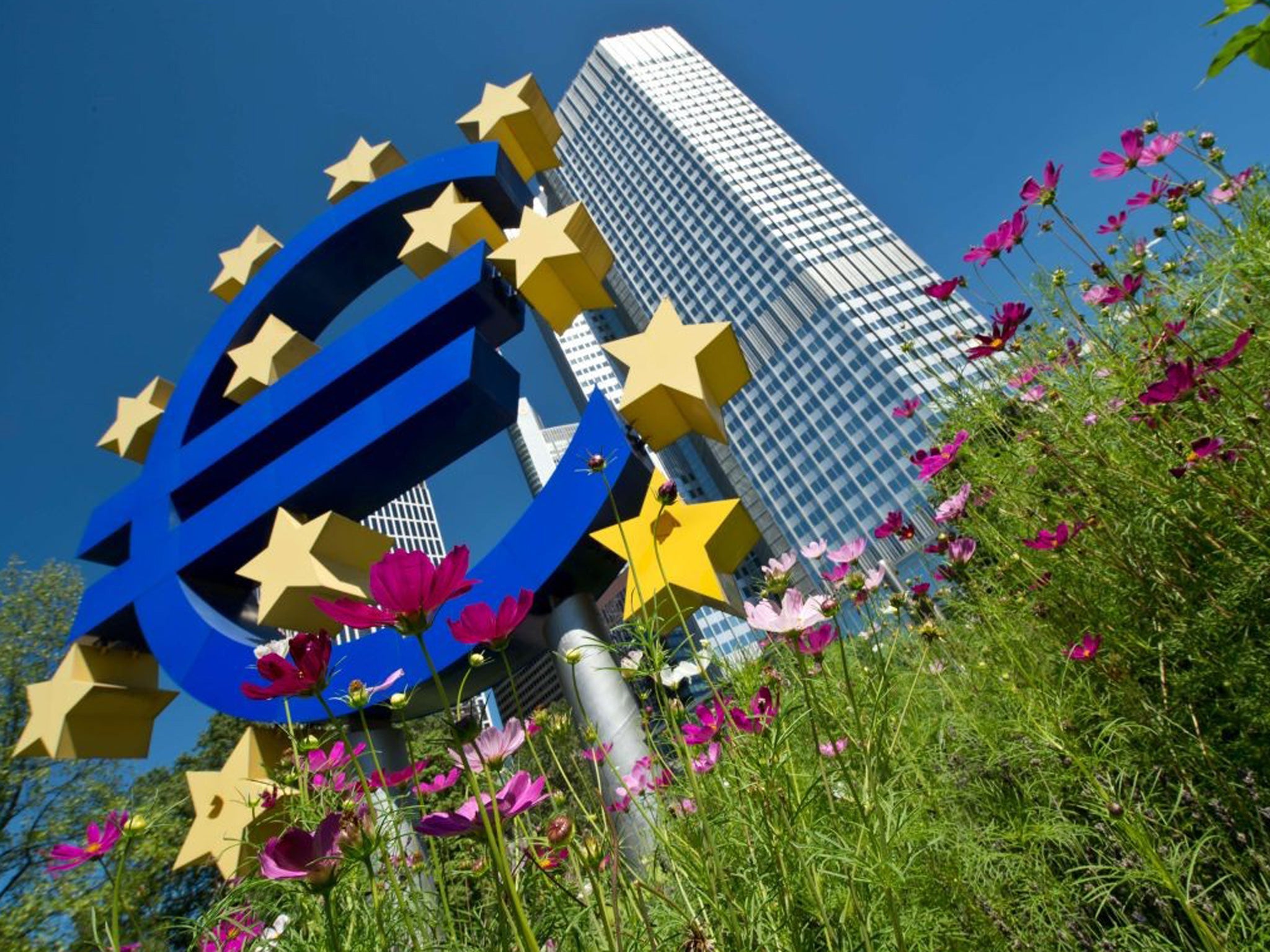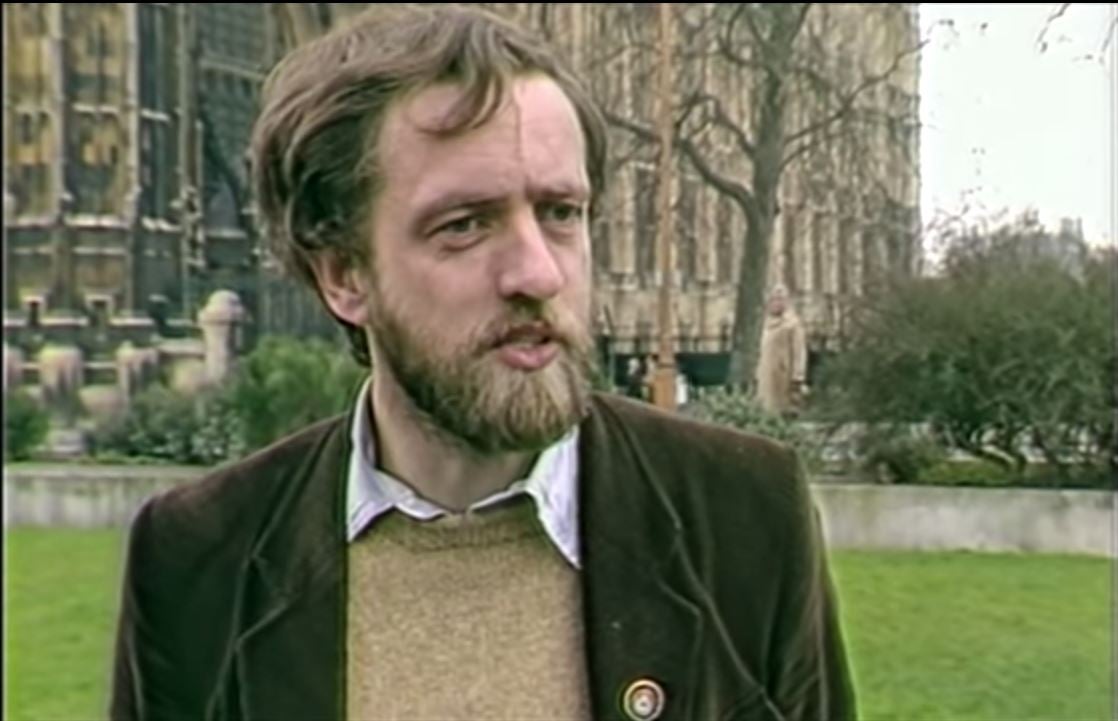Your support helps us to tell the story
From reproductive rights to climate change to Big Tech, The Independent is on the ground when the story is developing. Whether it's investigating the financials of Elon Musk's pro-Trump PAC or producing our latest documentary, 'The A Word', which shines a light on the American women fighting for reproductive rights, we know how important it is to parse out the facts from the messaging.
At such a critical moment in US history, we need reporters on the ground. Your donation allows us to keep sending journalists to speak to both sides of the story.
The Independent is trusted by Americans across the entire political spectrum. And unlike many other quality news outlets, we choose not to lock Americans out of our reporting and analysis with paywalls. We believe quality journalism should be available to everyone, paid for by those who can afford it.
Your support makes all the difference.Jeremy Corbyn predicted that the formation Euro would lead to the imposition of a “bankers’ Europe” on its members, according to parliamentary records.
Ahead of the 1993 adoption of the EU’s founding Maastricht Treaty Mr Corbyn warned that the creation of the currency’s European Central Bank would undermine European countries’ ability to set their own policy.
“The whole basis of the Maastricht treaty is the establishment of a European Central Bank, which is staffed by bankers, independent of national governments and national economic policies, and whose sole policy is the maintenance of price stability,” he said.
“That will undermine any social objective that any Labour Government in the United Kingdom—or any other Government—would wish to carry out.”
The records are a window into Mr Corbyn’s view of the European Union at its founding in 1993.
Today, after striking a moderately eurosceptic position during his leadership campaign, Mr Corbyn has now categorically said Labour would not campaign for EU exit.
He says he wants Britain to work for a "social Europe, a cohesive Europe, a coherent Europe, not a free market Europe".
He made the about-face after coming under pressure from Labour MPs, including former shadow business secretary Chuka Umunna and shadow foreign secretary Hilary Benn.

The comments were made in a House of Commons debate about the Treaty of the European Union on 30 March 1993. The treaty came into force on 1 November 1993.
Maastricht created the named institution of the European Union and for the first time specifically committed its member states to moving towards the adoption of the European single currency, named the Euro.
The then backbencher also warned against a lack of democratic accountability of the soon to be established European Union’s structure.
“The Maastricht treaty does not take us in the direction of the checks and balances contained in the American federal constitution,” he said.
“It takes us in the opposite direction of an unelected legislative body—the Commission—and, in the case of foreign policy, a policy Commission that will be, in effect, imposing foreign policy on nation states that have fought for their own democratic accountability.”
Similar charges to those made by Mr Corbyn in 1993 have been applied to the European Union and European Single Currency during the course of the Greek economic crisis.
The crisis has seen domestic economic policy imposed on the debtor nation by countries whose financial sectors invested in it.
The government of Tony Blair, against which Mr Corbyn rebelled over Europe, was in principle in favour of British entry to the Euro. Accession would happen if five “economic tests” were met.

Join our commenting forum
Join thought-provoking conversations, follow other Independent readers and see their replies
Comments